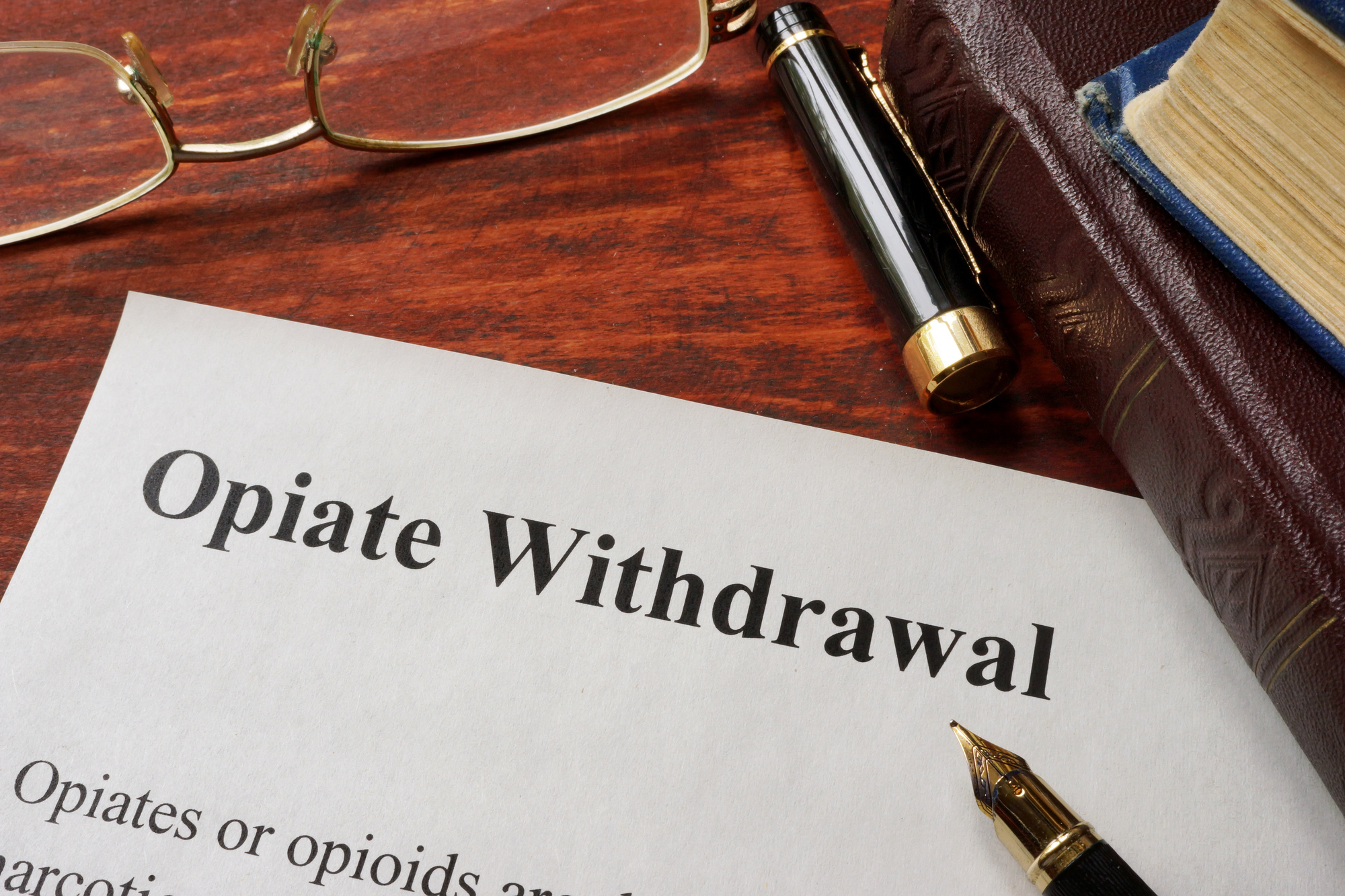Did you know that the most intense symptoms of opiate detox can last for up to several weeks and might include having a fever, feeling anxious, body aches, vomiting, and a rapid heartbeat?
If you are addicted to opiates and are ready to attend drug rehab in Ventura county, it can be stressful if you don’t know what to expect.
Even though it isn’t always easy to detox from opiates, your experience will be much less challenging if you choose to attend a rehab program in Ventura.
We have created a guide that breaks down everything you need to know about the opiate detox process. Keep reading if you want to find out more.
What Is Opiate Withdrawl?
Opiates include many different kinds of prescription drugs, such as Dilaudid, Codeine, and Tramadol. Those who use these substances in large doses over long periods of time will put themselves at risk of becoming addicted to opiates.
Those who are physically dependent on these sorts of substances will want to keep using them so that they can continue functioning normally.
Those who try to quit taking these drugs “cold turkey” will suffer from various symptoms because the body will try to function without these substances.
People experience withdrawal symptoms if they suddenly stop consuming a drug. It is also likely that you will experience withdrawal symptoms if you try to significantly decrease how much of a drug you are taking.
There are lots of factors that determine how severe your withdrawal symptoms will be. This includes what type of drug you’re addicted to, what your tolerance level is, and how long you have been suffering from addiction.
It is likely that your withdrawal symptoms will be more severe if you have been simultaneously abusing several different substances.
Also, keep in mind that your medical and mental history will influence what types of withdrawal symptoms you experience.
Withdrawal symptoms are not life-threatening. But people who experience withdrawal tend to experience a high amount of mental and psychological distress.
Why You Should Seek Drug Rehab in Ventura County
Opiate detox programs are structured and safe environments that will make it easier for patients to go through the withdrawal process.
Healthcare professionals assist patients in getting over their symptoms. They will help their patients to gradually ease off of addictive drugs. Eventually, they will no longer be addicted.
It is common for healthcare professionals to prescribe certain medications that will make their patients’ withdrawal symptoms less intense.
Those who complete opiate detox programs will have an entire medical team to help them to continue getting better. After finishing detox programs, many people seek further treatment at inpatient rehab centers.
This is an important thing to do. It helps people to stay sober and to avoid relapses.
Understanding Opiate Withdrawal Symptoms
Some people experience mild opiate withdrawal symptoms.
But those who have been addicted to opiates for a long time are more likely to experience severe withdrawal symptoms.
Withdrawal symptoms tend to be the most severe right after taking the last dose of a drug. It is common for people to feel anxious, have diarrhea, and feel nauseous.
How Long Do Withdrawal Symptoms Last?
There are four main phases of opiate withdrawal: anticipatory, early acute, fully-developed acute, and post-acute withdrawal syndrome.
People tend to go through the acute withdrawal stage several hours after they take the last dose of a drug. It is common for people to have flu-like symptoms during this phase.
After the acute phase of withdrawal ends, people will go through the protracted abstinence period. This can last for up to six months.
This is an important part of the recovery process. People are more likely to be vulnerable to triggers. This often causes them to relapse.
Opiate Detox Medications
There are various medications that doctors will prescribe to those who are going through opiate detox. Many of these drugs help people to control their drug cravings.
Over time, a doctor will cut back the dosage of these medications until the patient is no longer experiencing withdrawal.
Here are some of the most important medications that can help people when they are going through an opiate detox.
Clonidine
This medication helps to relieve detox symptoms. It is also used to treat high blood pressure. This is an important medication for those who are experiencing anxiety when they are detoxing.
Methadone
Methadone was once one of the most important medications that doctors would prescribe to people who were detoxing from opiates. But it is now more common for doctors to prescribe Buprenorphine.
Methadone is still helpful for those who need long-term treatment for their opiate addictions.
Buprenorphine
Buprenorphine is also called Suboxone. It is a very effective medication for treating opiate withdrawal.
It is a partial agonist. This means that it does not mimic all of the effects of more powerful opiates.
This drug will decrease withdrawal symptoms. It will also lessen people’s cravings. This is why people who take this medication are more likely to stay focused during treatment.
Opiate Detox: Understand What’s Involved
The opiate detox process will look different for everybody. If you’ve been addicted to opiates for a very long time, you are more likely to experience more severe withdrawal symptoms.
A trusted opiate detox and rehab center that helps you cope with both symptoms and to develop a long-lasting recovery plan is essential to your wellness journey.
Don’t hesitate to reach out to us today if you or somebody you love needs to overcome drug addiction. And remember that you’re not alone.



